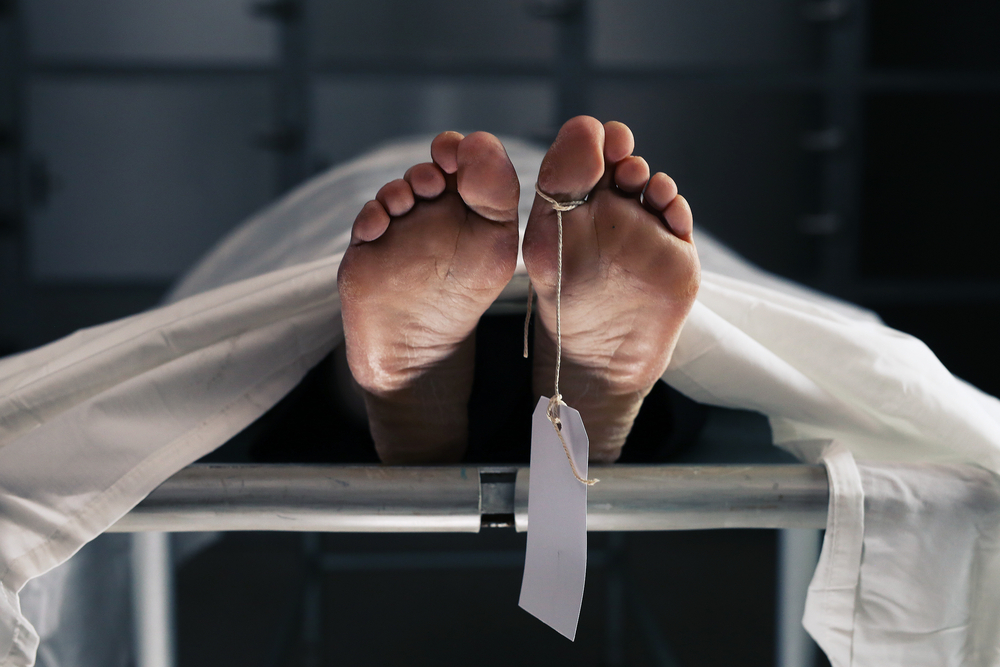What Happens to the Estate of Someone Who Leaves No Will?
Shafi'i Fiqh
Answered by Shaykh Irshaad Sedick
Question
My parents were married according to Muslim rights for 39 years. My dad passed away a few weeks ago. There is no will. Is everything that he owns hers, rightfully? Or how do we do things, seeing there’s no will? The property belongs to both mother and father.
Answer
In the Name of Allah, the Most Merciful and Compassionate. We pray that Allah guides us to lives of peace and contentment in this life and the next.
May Allah forgive your father and grant him a lofty place in Janna, and may your hearts be filled with contentment. We are truly sorry for your loss.
Upon death, all of one’s belongings form part of one’s estate that must be distributed to one’s heirs (determined by Sacred Law) according to the ratios stipulated in Sacred Law. Co-owned property should be liquidated to distribute the portion previously owned by the deceased unless the official heirs agree to a different arrangement, and Allah knows best.
Dying In the State
Whether one leaves a will or not, Sacred Law determines how one’s estate should be divided and to whom the shares should be distributed. Everything your father owned forms part of his estate when he passed away, and Allah knows best. [Nawawi, Majmu‘]
The problem with not leaving a will (especially when one lives in a Muslim minority) is that your country’s government will likely have a set of laws that they would then enforce to distribute the deceased’s estate. When this happens, it is the heirs’ responsibility to rectify the shares according to Sacred Law. That entails that all the recipients must collect and then redistribute the estate according to the rules of Islam. It would be advisable to seek assistance from your reliable local scholars (such as an Islamic judiciary or legal counsel) to assist you with calculating the exact shares applicable to your situation.
The Share of the Wife (Your Mother)
Allah (Most High) says: “And your wives will inherit one-fourth of what you leave if you are childless. But if you have children, then your wives will receive one-eighth of your estate—after the fulfillment of bequests and debts.” [Quran, 4:12]
If your mother co-owns some of your late father’s property, then she maintains ownership of her property, but she will receive one-eighth of your late father’s estate, and Allah knows best.
Advice
Sacred Law’s treatment of inheritance can be a delicate and sensitive matter and should be managed with care, love, and clear communication. We strongly advise that you reach out to reliable, trustworthy, and knowledgeable scholars of Islam who can assist you in practice.
I pray that this benefits.
[Shaykh] Irshaad Sedick
Checked and Approved by Shaykh Faraz Rabbani
Shaykh Irshaad Sedick was raised in South Africa in a traditional Muslim family. He graduated from Dar al-Ulum al-Arabiyyah al-Islamiyyah in Strand, Western Cape, under the guidance of the late world-renowned scholar, Shaykh Taha Karaan.
Shaykh Irshaad received Ijaza from many luminaries of the Islamic world, including Shaykh Taha Karaan, Mawlana Yusuf Karaan, and Mawlana Abdul Hafeez Makki, among others.
He is the author of the text “The Musnad of Ahmad ibn Hanbal: A Hujjah or not?” He has served as the Director of the Discover Islam Centre and Al Jeem Foundation. For the last five years till present, he has served as the Khatib of Masjid Ar-Rashideen, Mowbray, Cape Town.
Shaykh Irshaad has thirteen years of teaching experience at some of the leading Islamic institutes in Cape Town). He is currently building an Islamic online learning and media platform called ‘Isnad Academy’ and pursuing his Master’s degree in the study of Islam at the University of Johannesburg. He has a keen interest in healthy living and fitness.
